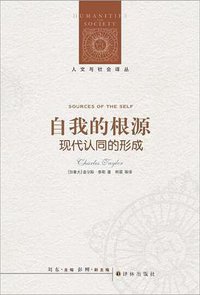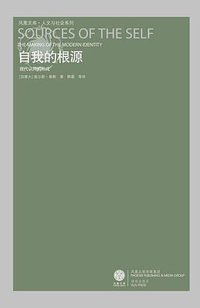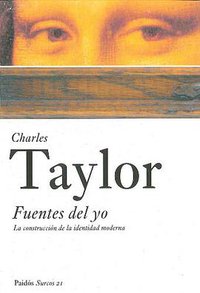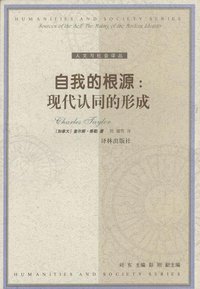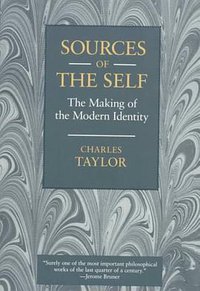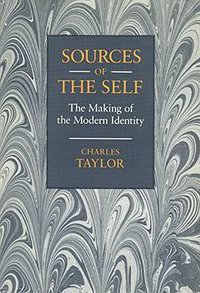Sources of the Self
豆瓣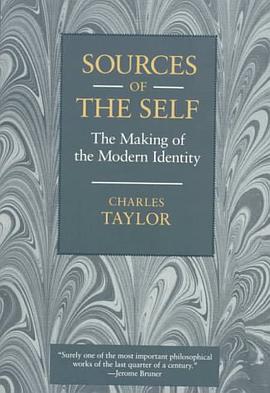
The Making of the Modern Identity
Charles Taylor
简介
From Library Journal
This book is primarily a historical account of the modernist protest against the disengaged and instrumental modes of thought and action that arose when theistically grounded morality crumbled, but that themselves focused too little upon our inner life, i.e., our powers of creative imagination and the substantive goods of ordinary life, which Taylor alleges give meaning to human life. Associating each ideology with a particular conception of our identity as selves, he defends the modern view, keeping in mind that self-realization must recognize that some things are important beyond the self. Taylor rambles somewhat and often talks about " the good," as though human beings were fungible in their capacities for appreciation and action; but the wealth of illustrative material and frequent insights are thought-provoking. For scholarly collections.
- Robert Hoffman, York Coll., CUNY
Copyright 1989 Reed Business Information, Inc. --This text refers to an out of print or unavailable edition of this title.
contents
Preface
I. Identity and the Good
1. Inescapable Frameworks
2. The Self in Moral Space
3. Ethics of Inarticulacy
4. Moral Sources
II. Inwardness
5. Moral Topography
6. Plato’s Self-Mastery
7. “In Interiore Homine”
8. Descartes’s Disengaged Reason
9. Locke’s Punctual Self
10. Exploring “l’Humaine Condition”
11. Inner Nature
12. A Digression on Historical Explanation
III. The Affirmation of Ordinary Life
13. “God Loveth Adverbs”
14. Rationalized Christianity
15. Moral Sentiments
16. The Providential Order
17. The Culture of Modernity
IV. The Voice of Nature
18. Fractured Horizons
19. Radical Enlightenment
20. Nature as Source
21. The Expressivist Turn
V. Subtler Languages
22. Our Victorian Contemporaries
23. Visions of the Post-Romantic Age
24. Epiphanies of Modernism
25. Conclusion: The Conflicts of Modernity
Notes
Index
